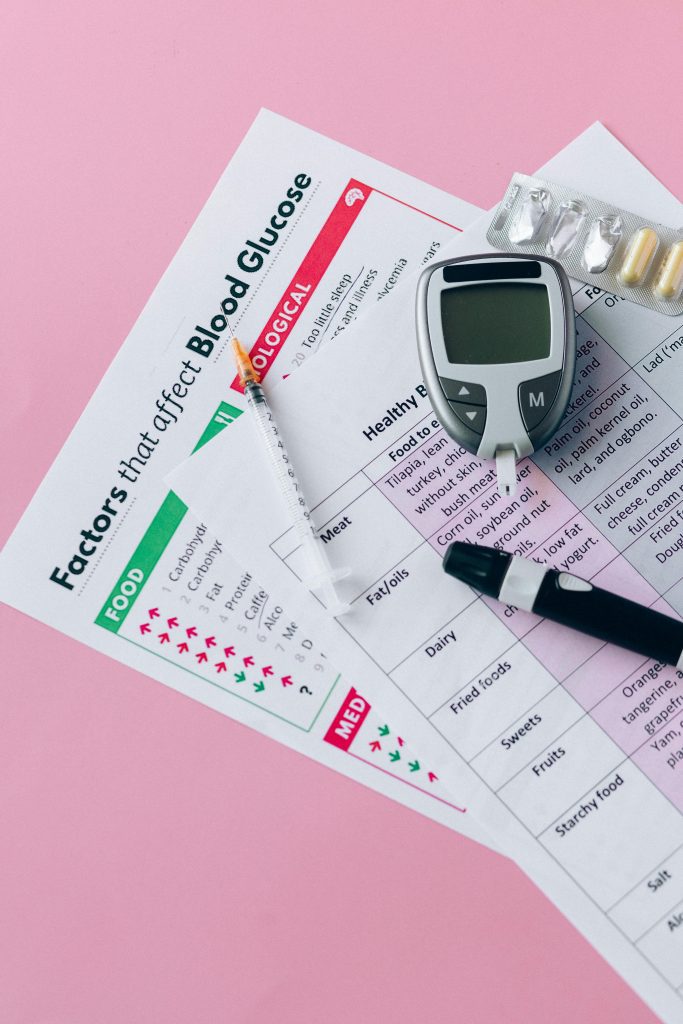
Metabolism-Focused Wellness: Boosting Metabolism for Energy, Mood, and Longevity
In today’s fast-paced world, maintaining high energy levels, mental clarity, and overall well-being is more important than ever. A key player in this equation is your metabolism—the body’s engine that determines how efficiently it converts food into energy. A healthy, active metabolism supports not just physical health, but emotional resilience, mental sharpness, and even longevity. This comprehensive article explores the science behind metabolism, how it affects your energy and mood, and actionable strategies to optimize it for a longer, healthier life.
What Is Metabolism?
Metabolism refers to all chemical reactions in the body that sustain life. These reactions are divided into two categories:
- Catabolism: Breaking down food molecules to release energy.
- Anabolism: Using energy to build and repair body tissues.
Your Basal Metabolic Rate (BMR)—the number of calories your body needs at rest—is a key factor in determining how efficiently your body functions. This rate is influenced by age, genetics, body composition, hormone levels, and lifestyle habits.
How Metabolism Affects Energy and Mood
A well-regulated metabolism ensures consistent energy supply, helping you stay alert, focused, and physically active. It also contributes to mood stability by regulating blood sugar levels and supporting neurotransmitter production.
Low Metabolic Function May Lead To:
- Chronic fatigue
- Mood swings and irritability
- Weight gain
- Brain fog
A Healthy Metabolism Promotes:
- Sustained energy levels
- Enhanced focus and memory
- Stable mood
- Healthy weight maintenance
Nutrition for a Healthy Metabolism
1. High-Protein Diet
Protein requires more energy to digest, increasing the Thermic Effect of Food (TEF). Include lean meats, legumes, dairy, eggs, and soy products in your meals.
2. Metabolism-Boosting Foods
- Green Tea: Rich in catechins that enhance fat oxidation.
- Spices: Capsaicin in chili peppers increases calorie burn.
- Whole Grains: Brown rice, quinoa, and oats help regulate insulin levels.
3. Healthy Fats
Omega-3 fatty acids found in fish, walnuts, and flaxseeds can improve metabolic health and reduce inflammation.
4. Hydration
Even mild dehydration can slow metabolism. Aim for at least 8 cups of water per day.
Lifestyle Changes to Boost Metabolism
1. Strength Training
Building lean muscle mass increases your BMR, helping you burn more calories even at rest.
2. High-Intensity Interval Training (HIIT)
Short bursts of intense activity followed by rest periods can boost metabolic rate long after your workout ends.
3. Quality Sleep
Poor sleep disrupts hormones like cortisol and ghrelin, slowing your metabolism and increasing appetite.
4. Stress Management
Chronic stress elevates cortisol levels, leading to fat storage and metabolic slowdown. Mindfulness, yoga, and meditation are effective coping strategies.
Supplements for Metabolic Health
1. Vitamin D
Linked to improved insulin sensitivity and fat metabolism.
2. B Vitamins
Essential for energy production at the cellular level.
3. Magnesium
Regulates blood sugar and supports over 300 enzymatic functions.
Note: Always consult a healthcare provider before starting any supplement regimen.
4. Probiotics
Maintain gut health, which plays a crucial role in metabolic regulation.
Tracking and Optimizing Your Metabolism
1. Wearable Devices
Smartwatches and metabolism trackers like Lumen provide insights into your metabolic rate, helping tailor your diet and activity.
2. Regular Blood Tests
Check thyroid function, glucose levels, and vitamin deficiencies to identify metabolic red flags.
3. Nutrition and Fitness Apps
Tools like MyFitnessPal and Cronometer track calorie intake, macros, and exercise to support metabolic goals.
Metabolism and Longevity
A healthy metabolism not only boosts day-to-day functioning but is also linked with longer lifespan. Metabolic disorders like diabetes and obesity are associated with increased risk of cardiovascular diseases, stroke, and premature aging.
Blue Zones Insight
Populations in “Blue Zones”—regions with the longest-living people—tend to have balanced diets, regular activity, and strong social ties, all of which contribute to optimal metabolic function and longevity.
Common Myths About Metabolism
1. “Thin People Have Fast Metabolisms”
Not always true. Many factors influence metabolism, and thinness doesn’t guarantee a high BMR.
2. “You Can’t Change Your Metabolism”
While genetics play a role, lifestyle choices significantly influence metabolic rate.
3. “Eating Late Slows Metabolism”
Total caloric intake and activity level matter more than meal timing.
Conclusion
Boosting your metabolism is not about fad diets or extreme workouts—it’s about sustainable lifestyle changes. With proper nutrition, regular exercise, stress management, and sleep, you can support your body’s natural metabolic processes. By making these changes, you enhance your energy, mood, and overall vitality—setting the stage for a healthier, longer life.
